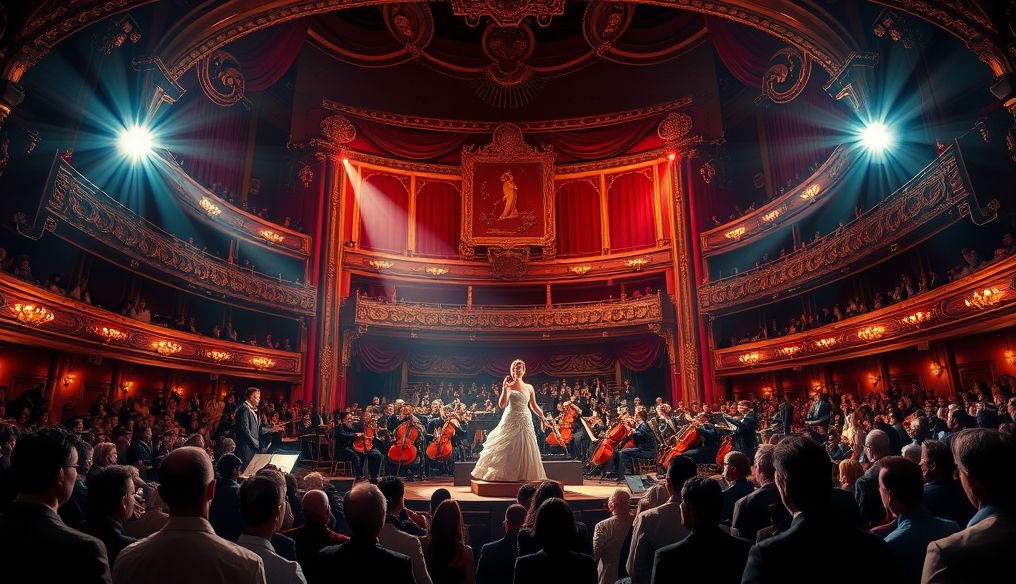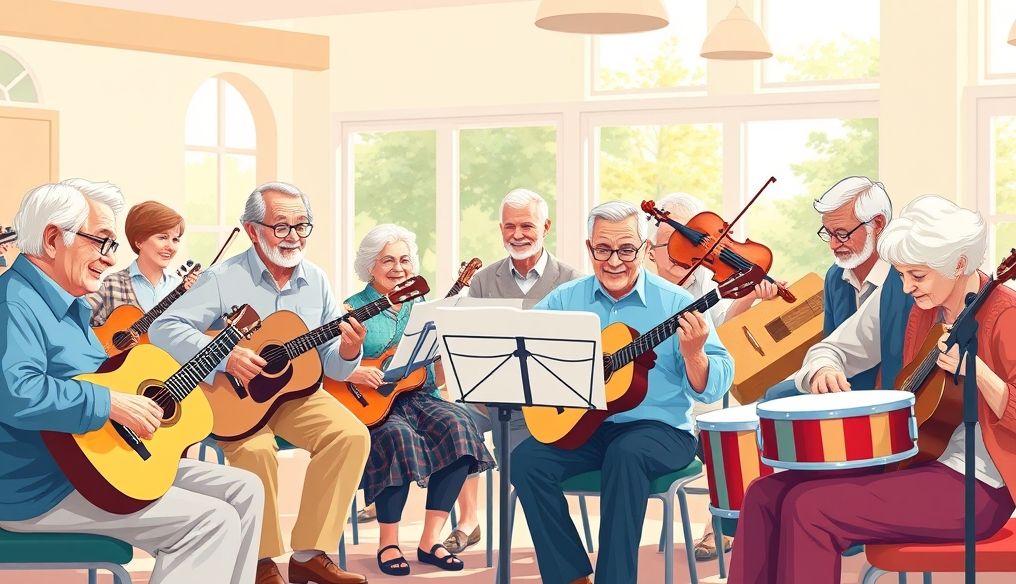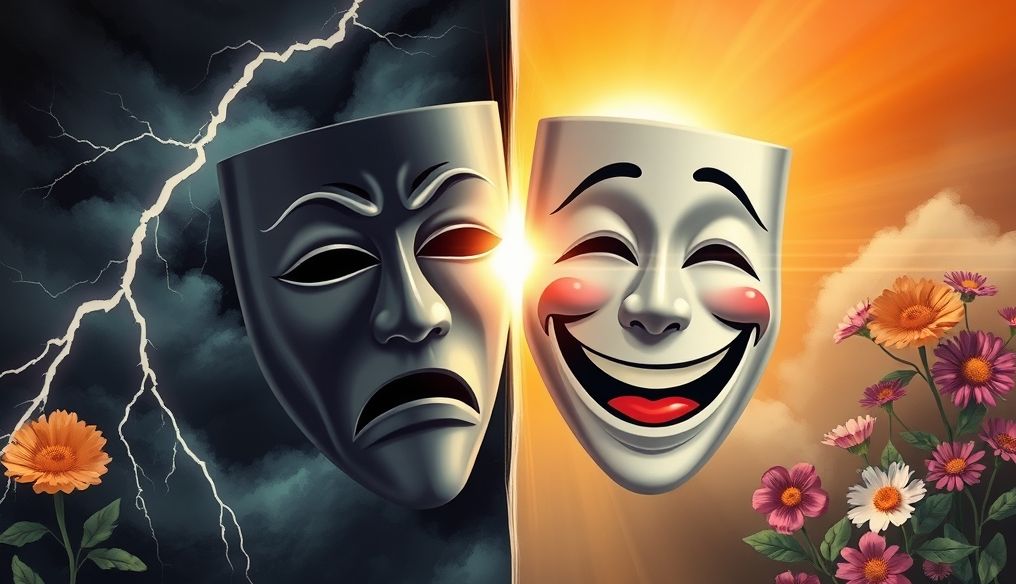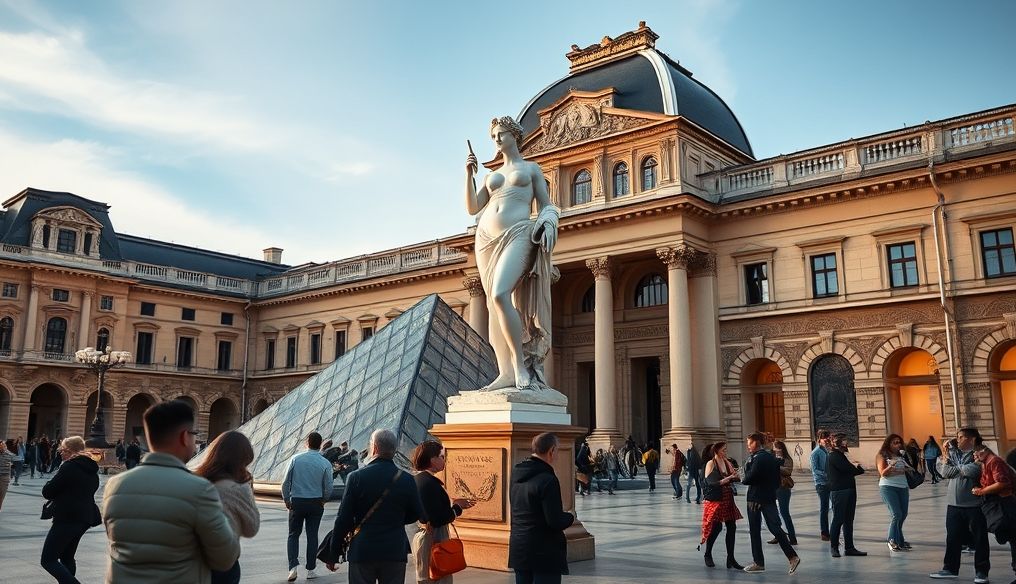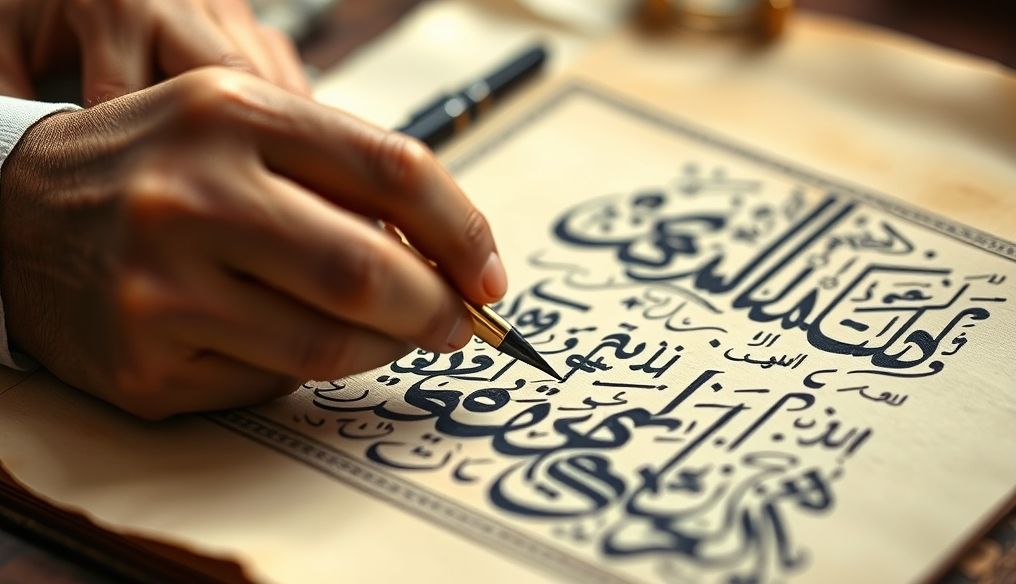Why is Opera Important as an Artistic Expression and Why Does it Remain Popular Today?
Opera, more than just an art form, is an immersive experience that brings together many arts to create a single, integrated work. Historically, opera has played an important role in expressing deep human emotions, highlighting social and political issues, and presenting timeless stories in a moving way. But why does opera remain popular in the 21st century, in a world dominated by modern entertainment? Let's explore that.
Chapter 1: Opera - A Magical Blend of Arts
Opera is not just singing; it is an elaborate blend of arts. It includes:
- Music: Music forms the core of opera, expressing emotions and creating the overall atmosphere of the story.
- Singing: Singers use their voices to convey dialogue, characters, and their emotions.
- Drama: Opera presents a story, whether tragedy, comedy, or historical, with a plot, characters, and conflict.
- Set Design and Costumes: Scenery and costumes contribute to creating the world of the opera and visually characterizing the story.
- Dance (sometimes): Some operas may include dance to enhance the drama or add an aesthetic element.
This unique combination creates a powerful sensory experience for the viewer, making opera more than just a show; it's an immersive experience.
Chapter 2: Opera as a Mirror of Society
Throughout history, opera has reflected the issues and challenges of society. Many operas have addressed themes such as:
- Love and Loss: Like Giuseppe Verdi's "La Traviata," which tells a tragic love story.
- Power and Corruption: As in the same composer's "Rigoletto," which criticizes the corruption of power.
- War and Peace: Sergei Prokofiev's "War and Peace" addresses the Russian conflict with Napoleon.
Through these stories, opera offers viewers an opportunity to reflect on basic human values and the challenges facing societies.
Chapter 3: Expressing Deep Human Emotions
Opera is a powerful medium for expressing deep human emotions. Music and singing allow singers to convey emotions in a way that transcends spoken words. Opera can make us feel:
- Joy: As in celebratory songs and joyful dances.
- Sadness: Through laments and moving scenes.
- Anger: Through powerful melodies and dramatic scenes.
- Hope: Through inspiring songs and scenes depicting triumph over adversity.
Opera's ability to evoke these strong emotions makes it a moving and rewarding experience for the viewer.
Chapter 4: Opera as an Artistic Challenge for Singers and Musicians
Opera requires high artistic skills from singers and musicians. Singers must be able to:
- Sing with high technique: With control of voice, breath, and diction.
- Act: Play the role of the character and convey emotions convincingly.
- Work with the orchestra: Harmonize with the music and express the story through singing.
Similarly, musicians must be able to:
- Play with high technique: With a deep understanding of the music and the ability to express it.
- Work with singers: Support the singing and create a suitable musical atmosphere.
- Work with the director: Implement the director's vision and deliver an integrated performance.
This artistic challenge makes opera a prestigious and respected art form.
Chapter 5: Opera as a Cultural Heritage
Opera is an important part of the world's cultural heritage. Classical operas, such as the works of Mozart, Verdi, and Wagner, represent the pinnacle of artistic and creative achievement. These works are considered:
- Artistic treasures: Worth preserving and appreciating.
- Sources of inspiration: For artists and musicians from all over the world.
- A window into the past: Allowing us to understand the cultures and societies that produced them.
By preserving opera and presenting it to future generations, we ensure the continuation of this rich cultural heritage.
Chapter 6: Challenges Facing Opera in the Modern Era
Opera faces some challenges in the modern era, including:
- High production costs: Make it difficult for opera houses to produce new shows.
- Competition from other forms of entertainment: Such as movies, television, and video games.
- Opera's image as an elite art form: May make it unattractive to some audiences.
However, there are ongoing efforts to overcome these challenges, such as:
- Presenting innovative shows: Combining opera with other arts.
- Using technology: To make opera more interactive and engaging.
- Expanding the audience: By offering affordable shows and educational programs.
Chapter 7: Why Does Opera Still Remain Popular?
Despite the challenges, opera remains popular for several reasons:
- The unique experience: Opera offers a powerful sensory experience that cannot be found in any other art form.
- Timeless stories: Classical operas continue to attract audiences with their moving stories and complex characters.
- Magnificent music: Opera music is among the most beautiful and magnificent music ever composed.
- Amazing performance: Singers and musicians in opera deliver an amazing performance that requires high artistic skills.
- Cultural heritage: Opera represents an important part of the world's cultural heritage, making it of great historical and artistic value.
Chapter 8: Opera in the 21st Century
Opera continues to evolve and innovate in the 21st century. New composers and directors are exploring new ways to present opera to contemporary audiences, focusing on:
- Contemporary issues: Addressing social and political issues that matter to people today.
- Innovative experiments: Integrating opera with other arts, such as cinema, theater, and modern dance.
- Diverse audiences: Making opera more accessible and available to everyone.
By embracing these changes, opera ensures its continuity and relevance in the future.
Chapter 9: How to Start Appreciating Opera?
If you are interested in exploring the world of opera, here are some tips:
- Start with famous operas: Such as Mozart's "The Marriage of Figaro" or Puccini's "La Bohème."
- Read the synopsis: Before going to the opera, read a summary of the story to understand the plot and characters.
- Listen to recordings: Listen to recordings of your favorite opera to familiarize yourself with the music.
- Watch live opera performances: Nothing beats the experience of watching a live opera.
- Join an opera club: Connect with other opera lovers and share your passion.
Opera is not just an art form; it is an exploratory journey into the world of music, drama, and human emotions. I wish you a pleasant journey!
Chapter 10: Conclusion
In conclusion, opera remains a vital and important artistic expression for several reasons. It combines multiple arts to create an immersive experience, reflects societal issues, expresses deep human emotions, presents an artistic challenge to singers and musicians, and forms an important part of the world's cultural heritage. Despite the challenges it faces, opera continues to evolve and innovate, and continues to attract audiences with its timeless stories, magnificent music, and stunning performances. So, whether you are a seasoned opera lover or a curious beginner, I invite you to explore the rich and diverse world of opera and discover its special magic.
